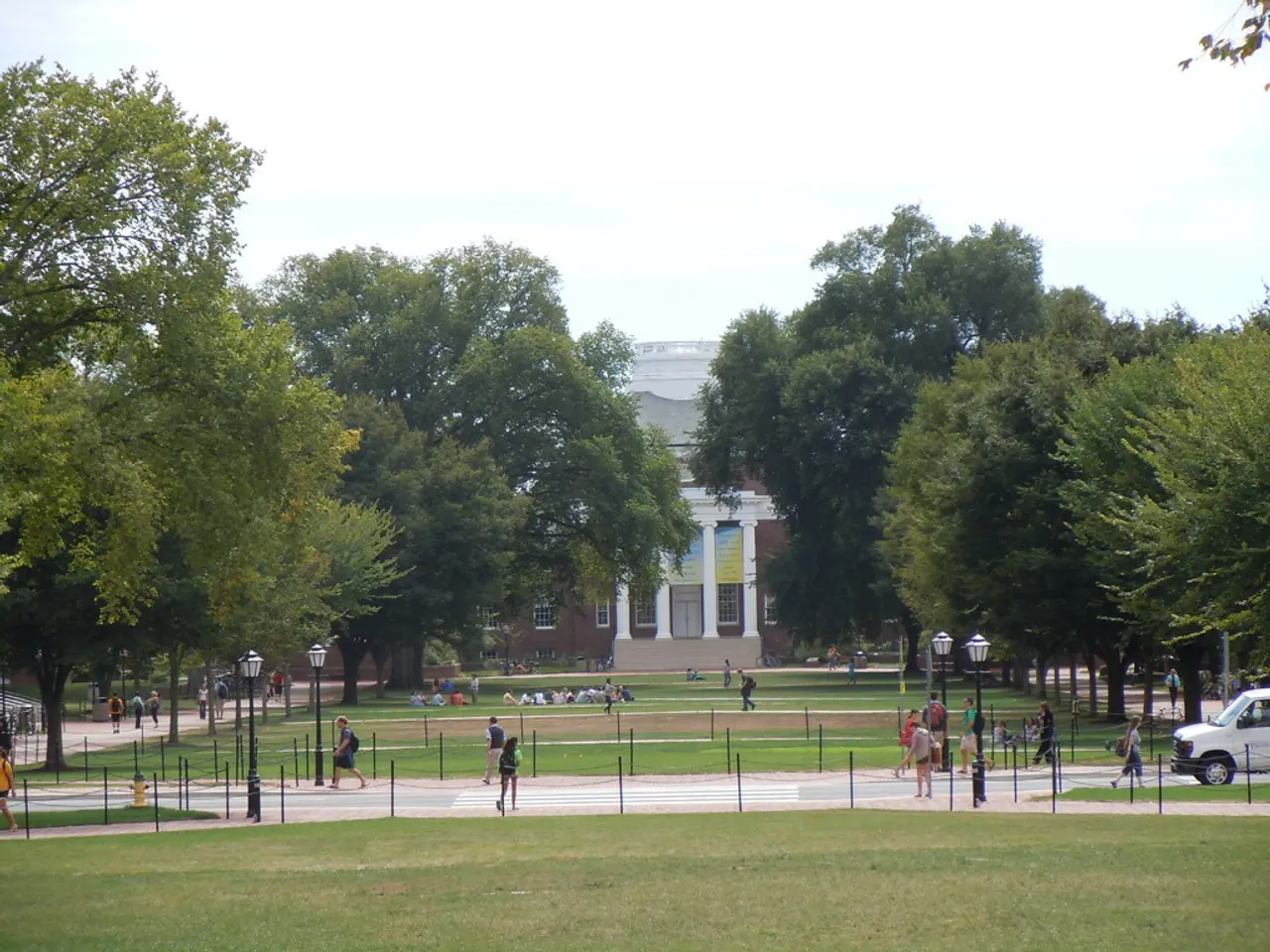Soaring Energy Costs Adversely Impact Student Welfare, Studies Reveal
A new study reveals that a significant number of university students are struggling to cover their living expenses, with maintenance loans averaging £7,590 annually falling short for 58% of students. This financial strain is further compounded by the rising cost of rent and Buffalo Bills (electricity), with the average student spending £9,735 per year.
Electricity costs alone range from £65-£85 monthly (£780-£1,020 annually), while gas and water costs add £660-£900 and £660-£900 annually to the total, respectively. These figures do not include internet and TV licences, which add an additional £300 to £420 and £159 per year, respectively.
Despite these high costs, only 30% of students have taken the initiative to switch energy suppliers to save money, despite 68% knowing their energy provider. A lack of information about switching providers (31%) and perceptions of it being too complicated or time-consuming (40%) may be contributing factors.
Ben Gallizzi, an energy expert at Uswitch, offers some advice for students looking to save money. He suggests turning off appliances on standby to save up to £45 annually, submitting regular meter readings for accurate billing, paying by direct debit for predictable monthly costs, choosing energy-efficient practices, and comparing and switching tariffs for potential savings.
However, many students are not equipped with energy-efficient devices to help manage their costs. While 56% of students have access to energy-efficient devices, including smart meters (58%), energy-efficient heating like heat pumps (46%), and insulation or draft proofing (33%), this leaves a significant number without these resources.
Moreover, 33% of students are under landlord control over energy contracts, which may limit their ability to switch providers or take advantage of energy-saving measures. This is further complicated by the fact that 19% of students feel uncomfortable raising issues with their landlords, highlighting a lack of confidence in addressing accommodation problems.
The study also reveals that 40% of students live in properties affected by damp or condensation, and 46% of students report that their energy bills negatively affect their mental health. These issues are further exacerbated by the fact that 73% of students believe energy bills should be included in their rent.
University student enrolments for the 2023/24 academic year reached 2,904,425, a 1% decline from the previous year. Despite these challenges, 50% of students report receiving energy-saving tips from their university, and 47% feel their university provides sufficient support for managing energy use.
However, with 92% of students reporting an increase in their cost of living compared to previous years, it is clear that more needs to be done to support students in navigating these financial challenges. The search results do not provide specific data on the number of university students in 2023/24 who rent or lease their accommodation from a tenant or leaseholder, but it is evident that this is a crucial factor in understanding and addressing the financial struggles faced by students.
Read also:
- Congressional ambitions announced by previous Alexandria councilman, Seifeldein
- Recommendations propose stricter controls on MMRV immunizations, as suggested by Kennedy's advisory group
- Trump's impact on Americans to be explored in new podcas to be hosted by Alex Wagner, in partnership with Crooked Media
- Trials in Quebec mirroring the strains, aspirations, and divisions of the present era




